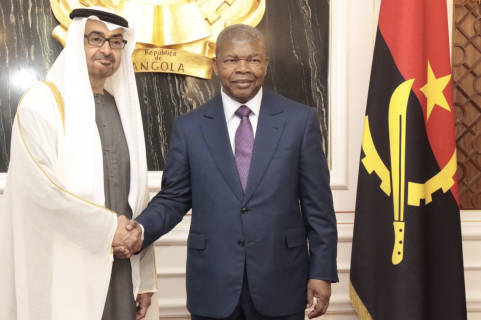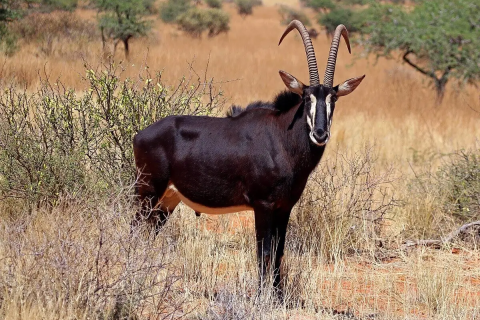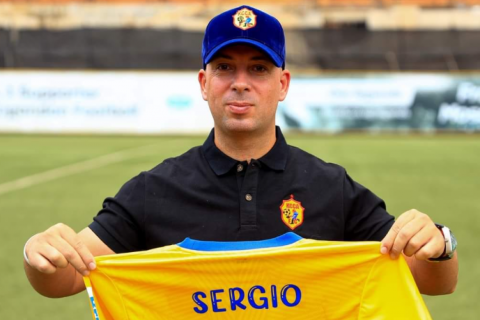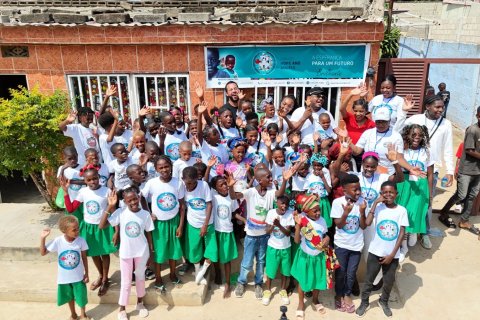According to the Sines City Council, in the Setúbal district, the exhibition "Balumuka! – Poetic Narrative of Liberation...or, Kaluanda Poetic Rebellion" opens at 4:00 pm this Saturday and will be open until October 15th.
This exhibition "centers around sound, as something that creates the possibility of sustaining resistance and, in the case of Black musical production, which is inseparable from politics, creates certain social relations that allow music to be merely artistic or an object in itself," curator André Cunha explained to Lusa news agency this Thursday.
The multidisciplinary project brings together artists Cassiano Bamba, Pedro Coquenão and Luaty Beirão, Zezé Gamboa, Kiluanje Liberdade and Inês Gonçalves, Kiluanji Kia Henda, Kamy Lara, Wyssolela Moreira, António Ole and Gegé M'bakudi, and Resem Verkron.
According to André Cunha, one of the exhibition's curators, along with Kiluanji Kia Henda, the initiative explores sound in a journey "from the colonial era" in Angola to the present, alluding to "the state of social abandonment."
Regarding the evolution of music "from kabetula [a traditional dance style from the Bengo region of Angola] to kuduro," the curator recalled the "30 years of evolving styles" that "transform into one another."
"Black musical creation is not isolated; it is communal, beginning with one person and continuing to evolve over the decades. It is a socially based conversation," he emphasized.
The exhibition uses "digital collages, video art" and presents five documentary films "produced from the 1970s to 2018," such as the film "É Dreda ser Angolano" by Colectivo Fazuma, Pedro Coquenão, and Luaty Beirão.
"It's a film from the early 2000s," shot "over two years," that deals with a post-war society in the 'hip hop kuduro' style," he added.
The curator revealed to Lusa that an archive provided by Valentim de Carvalho will be on display, containing "recordings in Luanda, from the 1960s and 1970s, made in national languages, [such as] Kibumdo, Umbundu, and Tchokwe."
These recordings "carried anti-colonial messages that were not perceived by the record company itself or by the Portuguese audience that consumed them," he noted.
The archive, which will be displayed in one of the two naves of the arts center, "has a 'conversation' with the works created specifically for the exhibition" and by artists Wyssolela Moreira, Gegé M'bakudi, and Resem Verkron.
This will create "a connection between the state archive and the archive being created by artistic protagonists," emphasized the curator of the exhibition, whose production is being handled by Kizenji - Research and Intervention and KinoYetu, with support from the Sines City Council and the Vasco Collection.
"People will be able to sit down and watch the films. It's an exhibition that takes time to see, because it's hours of films, hours of musical archives—it's something you have a lot to think about and keep to yourself," advised the curator.
After opening, the exhibition can be visited Monday through Friday, between 2 pm and 8 pm, and on Saturdays, between 12 pm and 6 pm.
Facebook Centro de Artes de Sines







